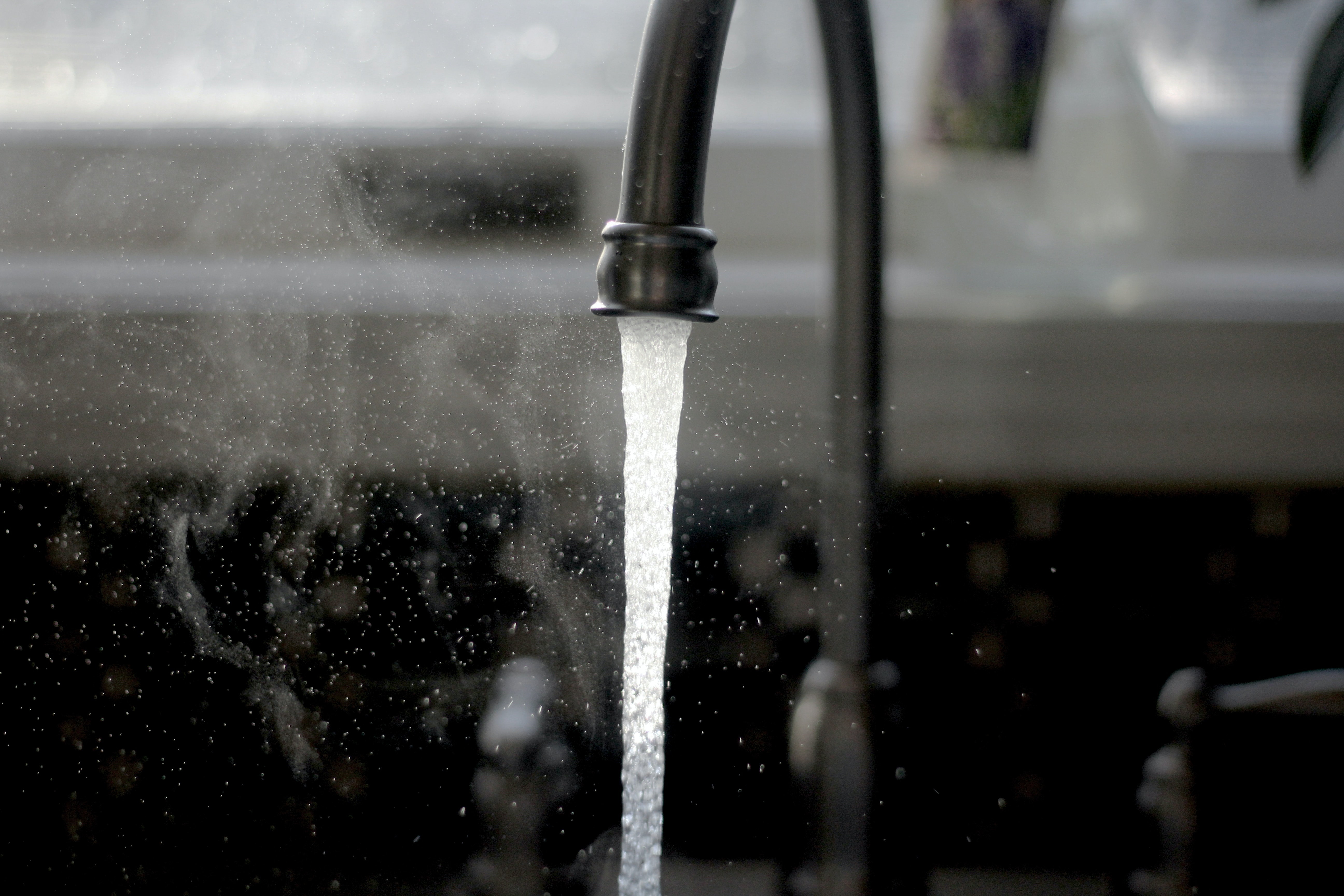As a landlord in Ohio, you have specific rights that protect your investment property, but it’s essential to understand these rights to avoid legal issues. This article will highlight Ohio landlord rights that you need to know.
1. Access to Property
Landlords have the right to access their rental properties to make essential repairs and conduct regular maintenance. However, landlords need to provide reasonable notice to tenants before accessing their rental units, except in an emergency. In Ohio, landlords must provide tenants with at least 24 hours notice.
2. Security Deposits
Ohio landlord rights allow landlords to collect security deposits from their tenants. Security deposits are meant to protect landlords from any damages caused by their tenants, such as unpaid rent or property damage.
In Ohio, landlords must return tenants’ security deposits within 30 days after they move out. Landlords can deduct from the deposit only for unpaid rent, property damage, unpaid utilities, or cleaning fees that tenants left.

3. Eviction
If tenants violate their lease terms, landlords in Ohio have the right to evict them. However, landlords are required to provide tenants with a written notice to vacate the property before initiating eviction proceedings.
In Ohio, tenants are required to vacate the rental unit within three days of receiving a notice. If they refuse to leave, landlords can initiate the eviction process.
4. Lease Renewal and Termination
Lease termination is one of the most critical Ohio landlord rights. Landlords have the right to terminate their lease agreements with tenants as long as they follow the proper legal steps.
For example, landlords in Ohio must provide tenants with a written notice of lease termination at least 30 days before the tenant moves out. However, this period may extend if the tenant does not correct the lease violation.

5. Fair Housing Laws
Ohio landlord rights require landlords to abide by federal and state anti-discrimination laws. Landlords cannot discriminate against tenants on the basis of race, national origin, religion, sex, or disability.
6. Rent Increases
Ohio landlord rights allow landlords to increase their tenant’s rent at the end of the lease period. However, landlords must provide tenants with written notice of the rent increase at least 30 days before the tenant’s next rental period.
7. Maintenance and Repairs
Ohio landlord rights require landlords to maintain their rental properties in safe and functional ways. Landlords must ensure that their rental properties are habitable and free from any hazards that could harm tenants.
Additionally, landlords need to address tenants’ requests for repairs quickly. If landlords fail to make essential repairs, tenants can file a lawsuit or initiate legal action against them.
As a landlord in Ohio, you have important rights that protect your investment property. It’s essential to understand your Ohio landlord rights to avoid legal issues with your tenants. Additionally, by following these rights, you’ll ensure that your tenants have a safe and secure place to live.
If you’re a landlord in Ohio and need plumbing services, reach out to Ace Plumbing Repair. Our experts can help you handle any plumbing emergencies, or regular maintenance needs to keep your property in top shape. Contact us today at (844) 711-1590, or visit our website for more information.






